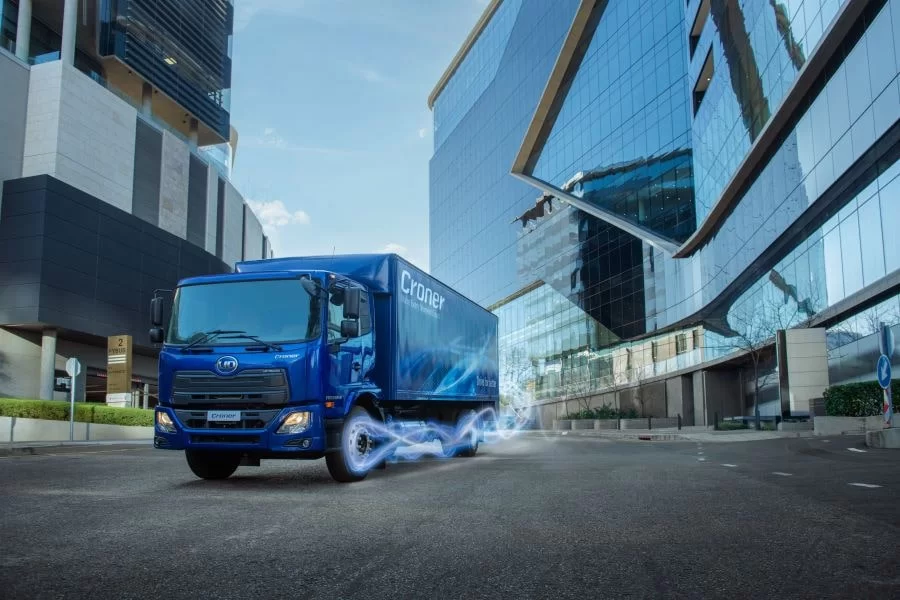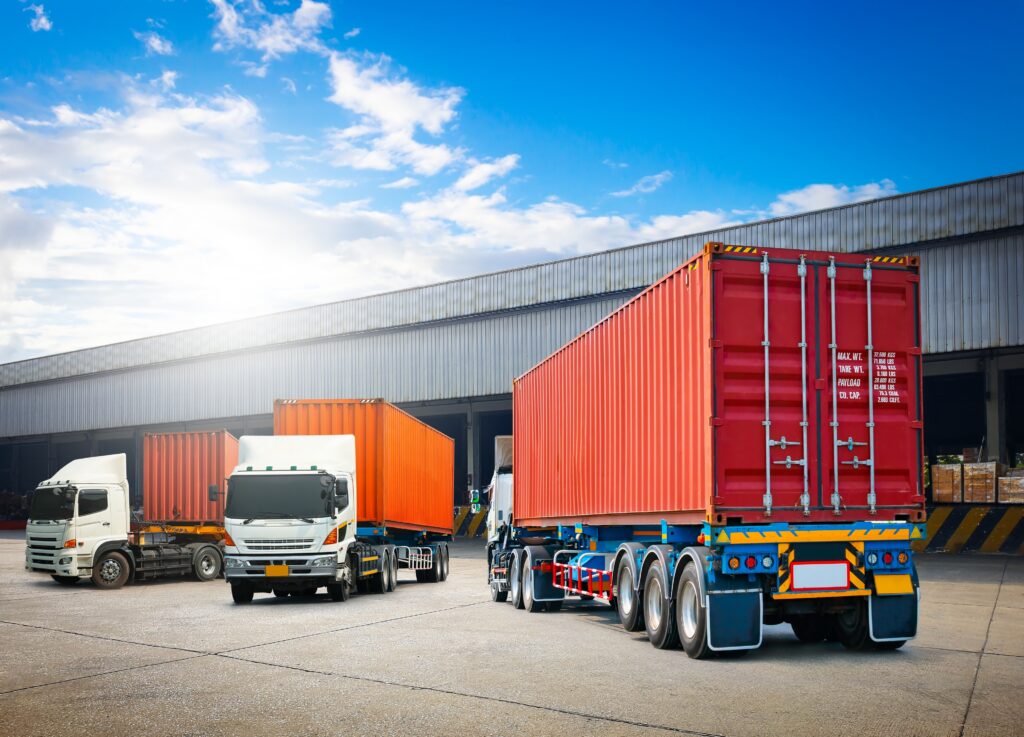How to Start a Delivery Business in the Philippines
With the astronomical rise of online shopping and businesses opening again, more and more goods need to be transported to and from destinations. In fact, the demand for logistics businesses has been steadily rising due to the lack of available delivery services to cater to this high demand.
Given the current situation of the market, there’s a big opportunity for those seeking to start a delivery company in the Philippines. But, just like any business, there are steps you’ll need to follow to get your new business off the ground. To help you with this, we’ve made a short guide to give you an overview of what to expect when opening a new logistics company.
Keep reading to learn more!
What is the Difference Between Logistics and Delivery?
While delivery and logistics both deal with bringing a product from one end to another, they are two completely different things.
The term delivery typically handles the last-mile movement of goods. This usually means getting packages from a warehouse to a customer’s doorstep. Delivery will usually utilize vehicles like delivery trucks and aluminum vans.
Logistics, on the other hand, covers a broader range of tasks. It will involve managing the entire supply chain, which includes warehousing, transportation, inventory management, and freight coordination. Handling logistics will usually require larger vehicles such as wing vans, long-haul trucks, and cargo trucks.
How to Start a Delivery Service Business and Logistics Company
1. Create a Business Plan
Starting a delivery business takes a considerable number of resources and effort, and it’s easy to feel overwhelmed if you don’t have a plan in place to guide you. Having a business plan isn’t just for you to present to potential investors, it’s also your map from setup to growth.
2. Raise Capital
Now that you have a business plan, you can now act towards turning it into a reality. The second step on how to start a logistics business will require a considerable amount of money. If you have enough finances, you can fund your new venture out-of-pocket but, if you don’t, you’ll need to resort to finding investors or taking out a business loan.
If you’re looking for investors, you’ll need to iron out your business plan and show your potential investor your projected numbers. However, if you’re going to be taking out a business loan, you’ll need to have your financial status checked by the institution before getting granted your capital, and it may not always be approved.
3. Select Trucks
Once you’ve secured your funding, the next step is to find delivery transport trucks for sale. Make sure to look for units that suit the market you’ve selected and to purchase enough units for your projected operation capacity.
When you’ve found the right type of delivery truck for your business, you’ll need to acquire these units and have the Official Receipt (OR) and Certificate of Registration (CR) under your name to secure your business permits.

4. Protect Your Business
The best way to protect your business is to invest in insurance for your drivers, assistants, and vehicles. This is because vehicular accidents can happen at any time and when they do, they can take up a considerable amount of money to fix.
Having insurance right off the bat can guarantee that if something were to go wrong, you’re protected from financial liability.
5. Secure Courier Business Requirements
Starting a trucking business in the Philippines means that you’ll need to secure numerous documents and permits before you can operate.
We’ve listed below the list of requirements you’ll need to secure for your business:
- Letter Request addressed to the Director General of the Philippine Economic Zone Authority (PEZA)
- At least one endorsement Letters from prospective PEZA client/s
- List of PEZA and non-PEZA clients
- Notarized application form of Annex “A” – Anti-Graft Certificate
- Notarized board resolution authorizing the filing of the application
- Audited financial statements for the last three years or an audited balance sheet for new companies
- Certificate of registration from the Securities and Exchange Commission (SEC) or Certificate of Registration from the Department of Trade and Industry (DTI)
- For corporations and partnerships, articles of incorporation
- Updated BIR clearance or certificate of registration
- Mayor’s Permit
- Annual permit to operate from the Philippine Port Authority (PPA)
- For licensed customs brokers, Professional Regulation Commission (PRC) certificate and ID, and Bureau of Customs (BOC) accreditation
- Common bond with BOC
- For air freights, authority to operate from the Civil Aeronautics Board (CAB)
- For sea freights, a certificate of accreditation from the Philippine Shippers’ Bureau (PSB)
- For freight forwarding, the name and address of agents and principals abroad
- Certified list of vehicles that’s signed by a company official
- Copy of franchise of Land Transportation Office (LTO) with a decision from the Land Transportation Franchising and Regulatory Board (LTFRB)
- Updated OR/CR of vehicles
- Standard service rate schedule
- Personal history statement of principal officers
- List of employees with designations
- List of drivers and assistants complete with personal history statements
- National Bureau of Investigations (NBI) or barangay clearance for drivers and assistants
- Certification of No Derogatory Information (CNDI)
- Copy of Provisional Authority (PA)
6. Find and Employ Drivers
Aside from vehicles, drivers are essential to your logistics business. They operate your trucks and make sure that products and materials get transported to their destinations safely.
That is why it is important that you find reliable drivers to work for your logistics company. Your drivers should have the relevant licenses to operate freight trucks, enough experience in the field, adequate training, and excellent communication skills.
7. Get Customers
Once you’re all set up, you need to start finding customers for your logistics company. Although it might seem difficult at first, you should remember that almost every business sources its materials and products from different parts of the world. This means you’ll easily find at least one company that needs your services to jumpstart logistics business in the Philippines.
You can also spread the word about your new company using the internet. To start, you can set up a website and create social media accounts for your logistics company. With the right strategy, you can reach several clients who might need your services.

8. Find a Trustworthy Partner
Now that you know how to start a delivery business in the Philippines, you can now put your plans into action.
If you’re looking for a trustworthy partner who can provide you with the delivery trucks you need to start your business, you can rely on us at CIVIC Merchandising Inc. to provide you with durable trucks that can operate according to your company’s requirements.
Contact us today to learn more about our selection of trucks.


